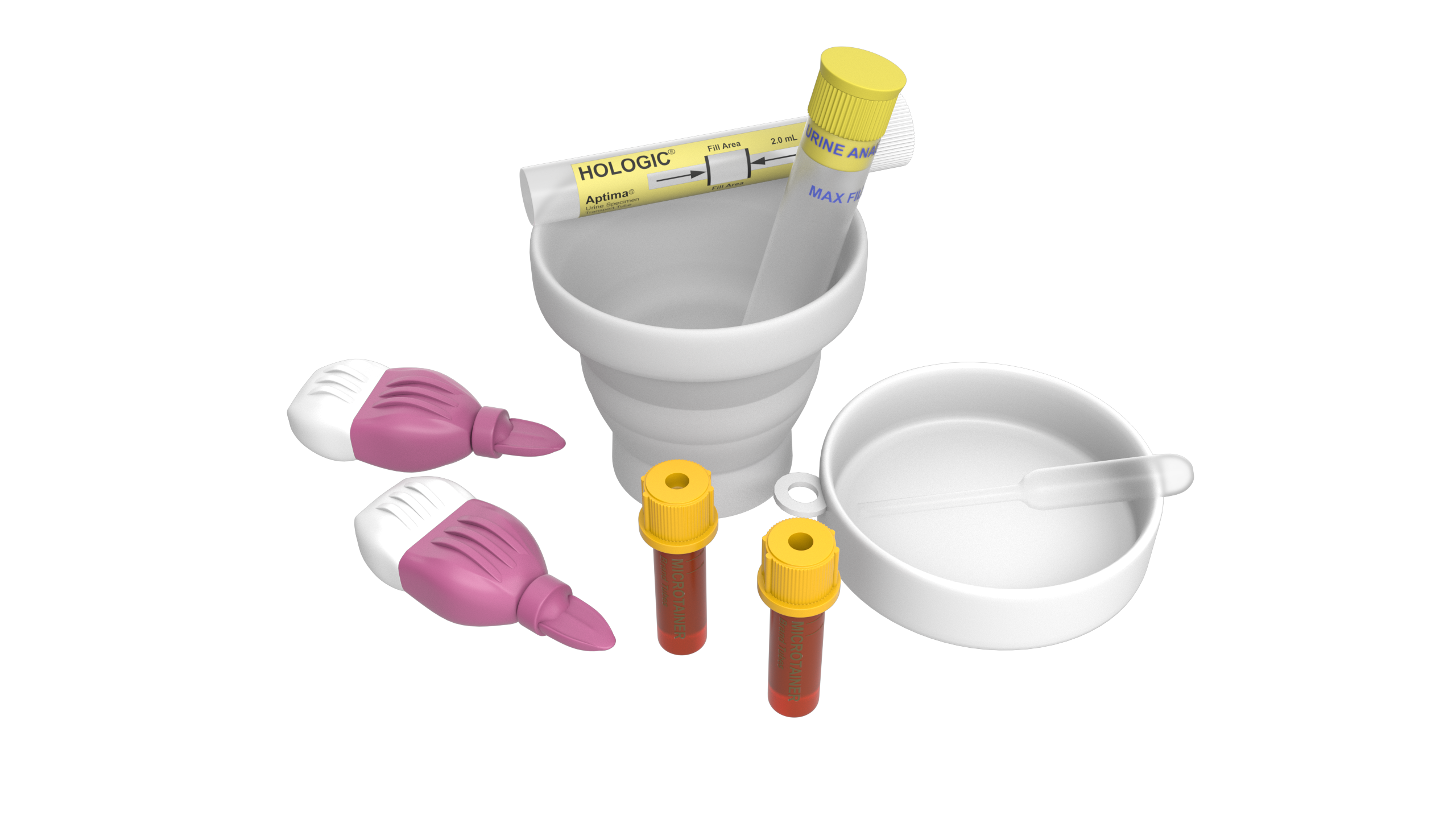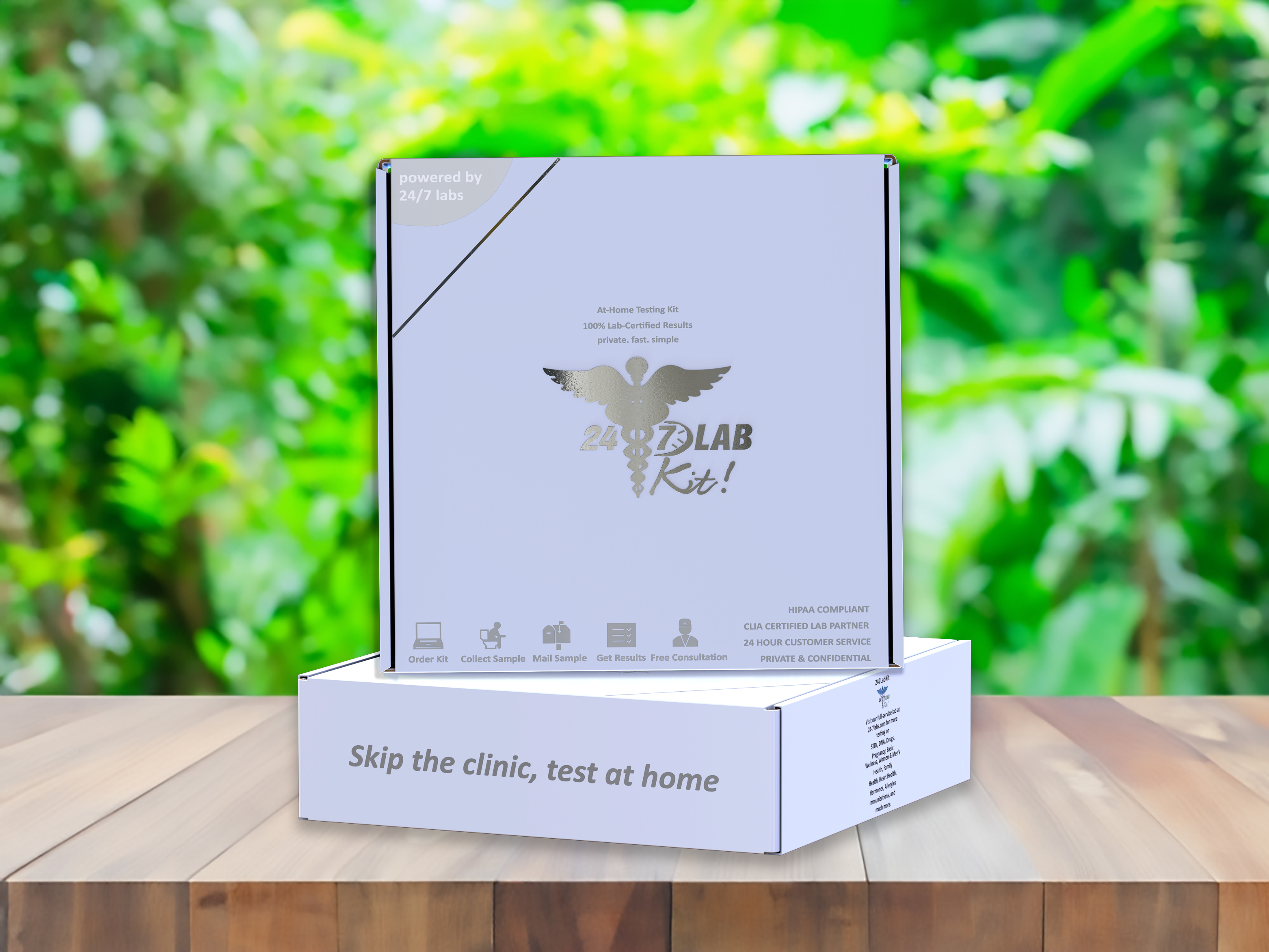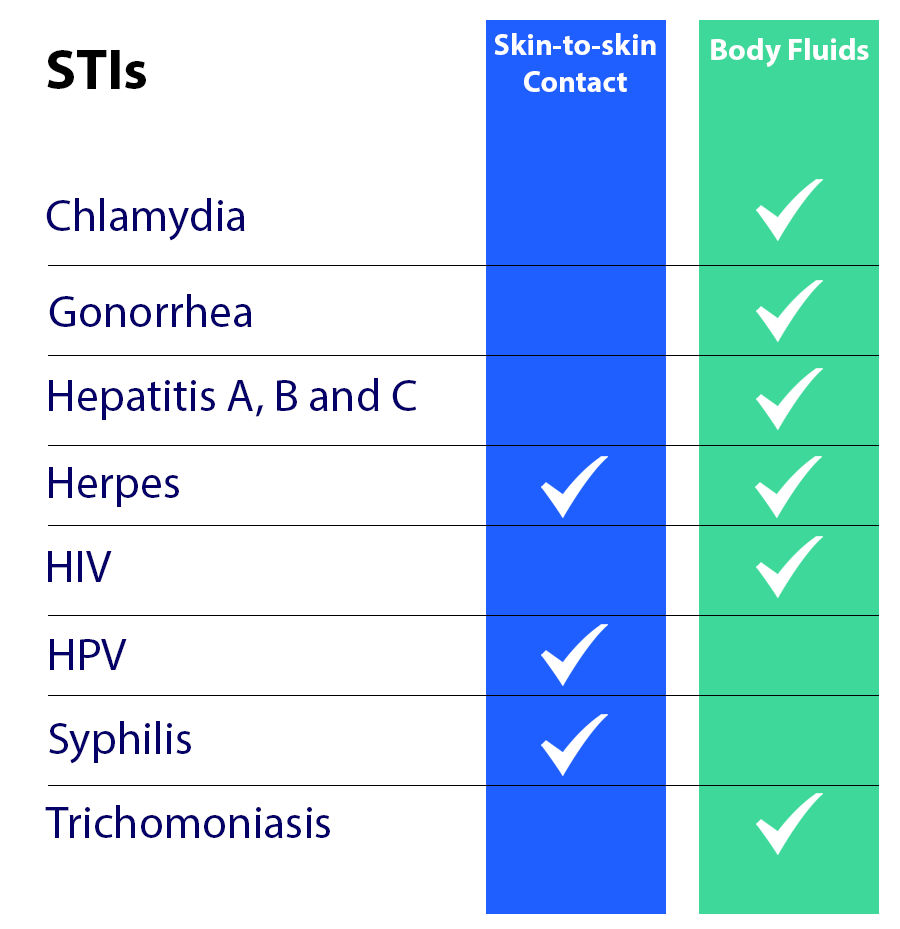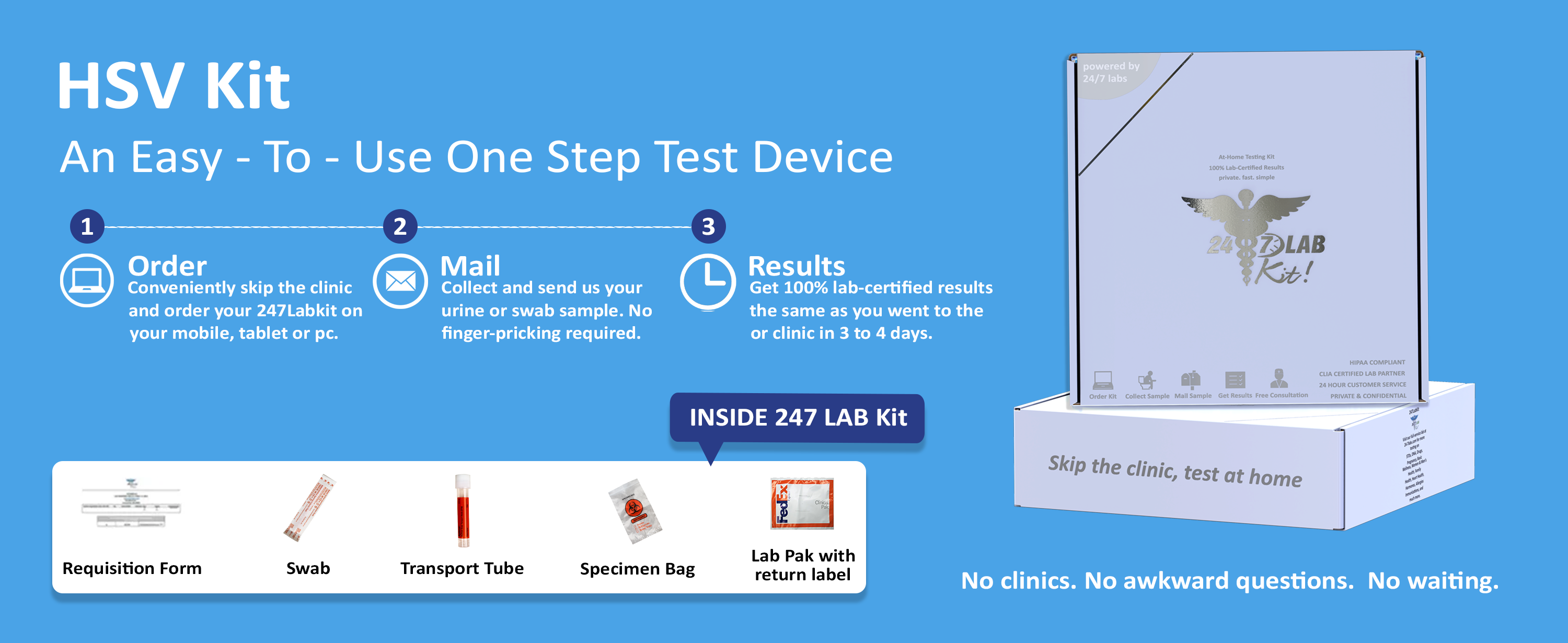Subscribe to out newsletter today to receive latest news administrate cost effective for tactical data.
2478 Street City Ohio 90255
Shopping cart
- About Us
- Shop Kits
- Men’s Health
- Women’s Health
- General Wellness
- Sexual Health
- Basic Kit: At-Home Chlamydia & Gonorrhea Test
- Standard Kit: At-Home Chlamydia, Gonorrhea & Trichomoniasis Test
- Comprehensive Kit: At-Home Chlamydia, Gonorrhea, Trich, Syphilis, HSV, HIV, Hep C Test
- HSV Kit: At-Home Herpes Swab Test
- HSV Kit: At-Home Herpes Blood Test
- Couples Kit: At-Home Chlamydia, Gonorrhea, Trich, Syphilis, HSV, HIV, Hep C Test
- Kit registration/Amazon
- Return Shipping Labels
- Forms
- For Businesses
- Login/Account Registration



































